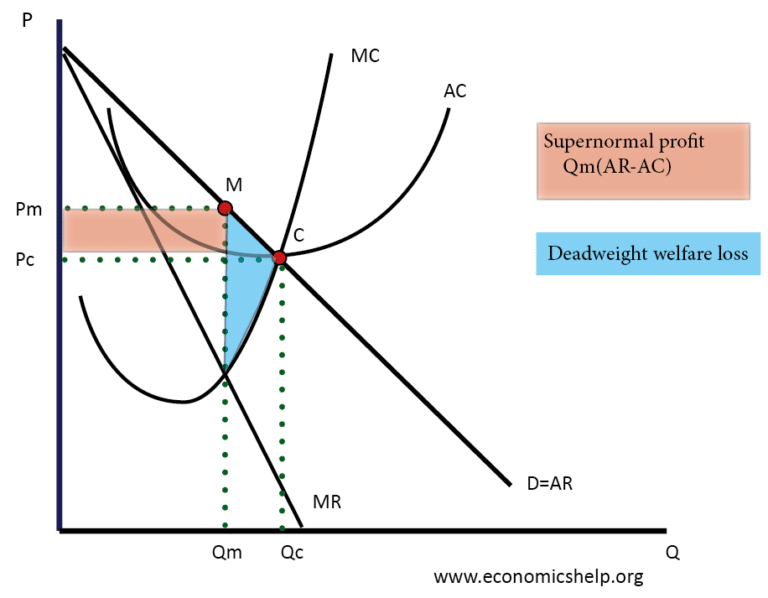

This slightly more recent example of a monopoly being broken up involves the massive telecommunications company AT&T.Īt the time, AT&T was a legal monopoly in their space, and they would hold onto this monopoly for decades. The US Supreme Court ruled that Standard Oil had to be broken up into dozens of smaller companies, some of which would end up merging.

In Ohio, where Standard Oil was founded, only 4 of their 26 competitors remained, and were operating in a much smaller capacity, since there wasn’t much market share left for them to share after Standard Oil’s monopoly was in place. Rockefeller put others out of business and caused them to bankrupt or just close their doors. In addition to buying his competitors, John D. Standard Oil’s monopoly was achieved by buying out all of the competition through acquisition. Rockefeller became the world’s first billionaire when he had a market share of 90% in the oil industry.Įven in the 1800’s, that was an absolutely massive industry. This is a go-to example of a monopoly and one of the most famous, too. This collection of examples of Monopoly spans a number of different industries and different types of monopolies, too.Ĭan you spot the differences and similarities between these examples? 1. The definition of monopoly can vary somewhat, and there’s a variance between using the term monopoly in colloquial way versus how a court might rule on it in practice. Sometimes, it can be a company in a field where others are theoretically able to compete, however the biggest player makes that incredibly difficult, if not impossible, sheerly through their own success and might. In today’s world, it’s not necessarily exclusive contracts that dictate and define a monopoly, however. There have been other examples of monopoly that have grown after the passing of the Sherman Anti-Trust Act, so let’s look at some real-world examples of monopolies across various industries, and how things played out for them.

It wasn’t until 1890, via the passing of the Sherman Anti-Trust Act, that these huge monopolies were dismantled and competition became more viable. Steel), oil (Standard Oil), and tobacco (the American Tobacco Company), it was impossible for others to compete with them. When an individual company was granted sole control over a resource such as steel (Andrew Carnegie’s Steel Company, or U.S. In America, monopolies in business date back to the late 1800’s, when private companies were given exclusive contracts to dominate certain industries. Sometimes, it refers to a very specific legal interpretation, and other times it’s a phrase that’s used more casually to describe a business that has a massive amount of power and control of their market.


 0 kommentar(er)
0 kommentar(er)
